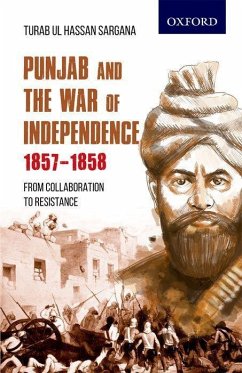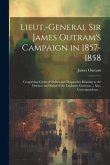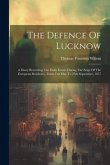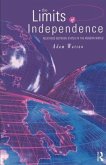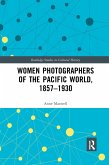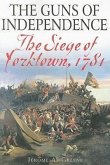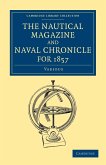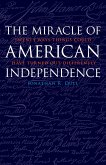There is a historiographical silence about the role of the Punjab during the War of Independence. Historians have generally employed the elite approach or the 'top-down approach' while writing the history of the war. Since the elite, including the rajas, feudal lords, and nawabs had collaborated with the British, historians generalized their participation to that of the entire population of the province. A top-down approach inevitably emphasizes the role of the elite and neglects the role of the masses. So the role and response of the people of the Punjab during the War of Independence 1857-8 requires a thorough re-appraisal, which this book intends on doing. The central argument of this study is that resistance to the British in the Punjab during 1857-8 has been under-emphasized in historical works and the role of the common people or the masses in the Punjab, who resisted the Raj, has not been adequately highlighted in the historiography of the colonial era. Therefore, the present study is an attempt to bring the role of the Punjabi masses to the forefront, along with that of the elite, in order to present a complete picture of the role of the Punjab in War of Independence. This book also helps in understanding the role of the landed elite in contemporary politics of Pakistan, especially in the Punjab and NWFP (now Khyber Pakhtunkhwa, as it was a part of the Punjab in 1857) because the families who collaborated with the British during the war, are still playing an important role in the politics of Pakistan.
Hinweis: Dieser Artikel kann nur an eine deutsche Lieferadresse ausgeliefert werden.
Hinweis: Dieser Artikel kann nur an eine deutsche Lieferadresse ausgeliefert werden.

